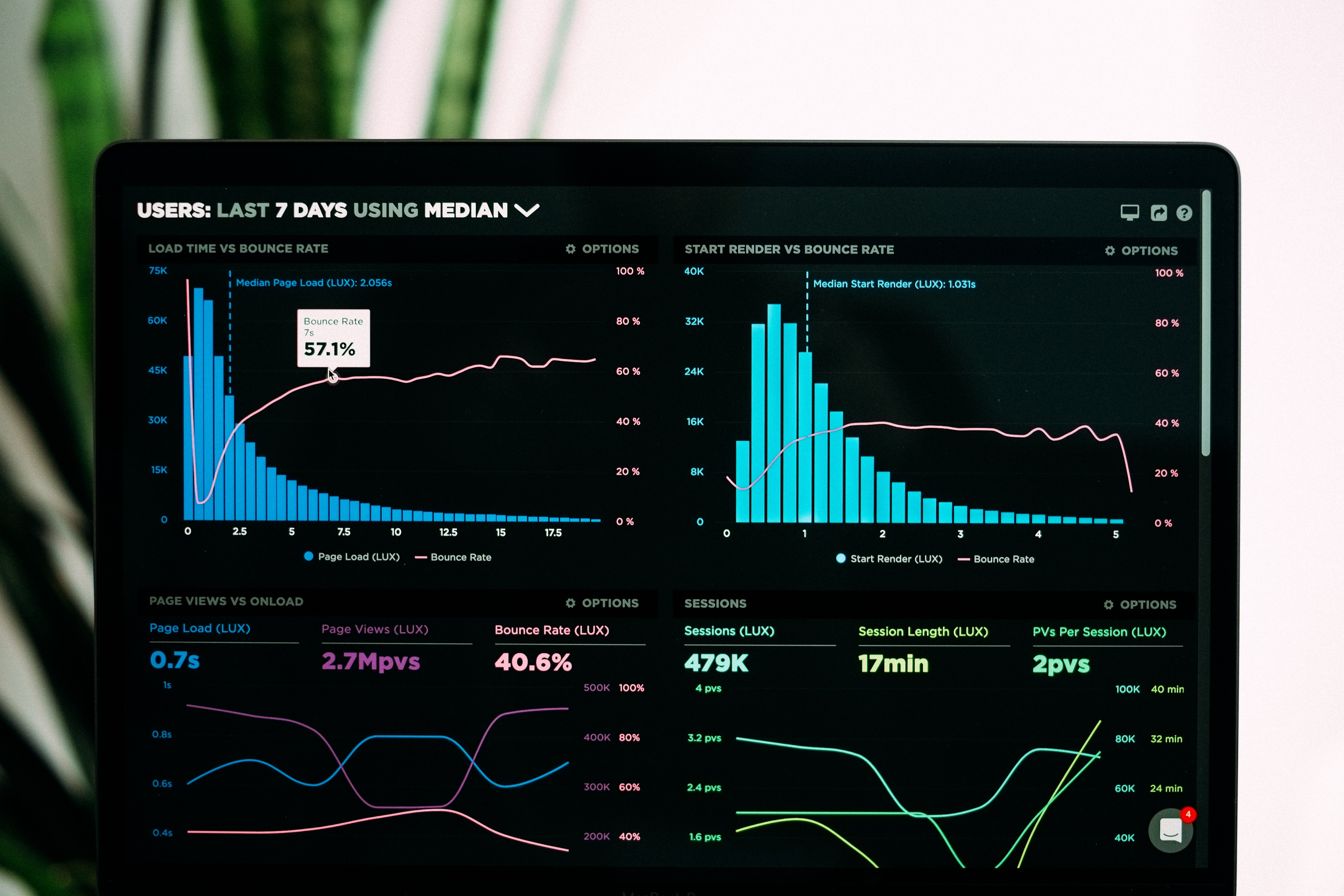Optimize your Website in these 7 Simple Steps

Many small business owners make common mistakes when trying to optimize their website. By learning what these mistakes are and how to avoid them, you can improve your website’s ranking on search engines and ensure that your visitors have a positive experience.
In this blog post, we’ll discuss seven of the most common optimization mistakes small business owners make, along with advice on how to correct them.
1. Not Having a website that’s not mobile-friendly
The number of mobile users accessing the internet has been steadily increasing over recent years, and this trend will continue as we move towards a “post-smartphone” world. As such it becomes more important than ever to optimize your website for different devices so that you can maintain an active audience no matter what device they’re using.
Open up Google Analytics and look at the device type that your website is accessed by- you’ll probably notice that your website has a significant higher viewership from a mobile device than from a desktop or a tablet. In fact, Google announced that as of April 21, 2015, sites that are not mobile-friendly will be ranked below those who are. In order to avoid this from happening to your website, it’s essential that you have a mobile-friendly version of your page.

But, what does Mobile Friendly mean?
According to Google, Websites that are not mobile friendly can be frustrating for users because they force you to pinch or zoom in order read the content. This leads many people out of their experience and causes them abandon your site, so it’s important make sure all your pages have this functionality if you want your site traffic numbers stay high!
2. Not using keyword research to determine what keywords to target

Do you know what your audience is searching for? You’re most likely to land on their search results if your site has the keywords your audience is searching for.
Keyword research is the practice of using tools to determine which keywords would most likely result in a high number of searches on any given day. By determining your target keyword, you can make sure that visitors always see your site when they search for a topic related to yours, and this will naturally boost your website’s traffic rate.
There are many tools to help you with keyword research.
3. Not including keywords in titles, metatags, and other on-page elements

The major search engines are programmed to reward websites that have keywords included in important on-page elements, such as titles and metatags.
For example, Google includes the meta description of your page when displaying it in their search results. If you don’t have any keywords included in this section, you may not show up for relevant searches.
Adding your target keywords to your website’s titles and metatags so that Google knows what your web page is about is a simple step towards optimizing your website.
4. Creating low-quality or duplicate content

Search engines will not reward your website if you create low-quality content (this includes duplicated content). If you want to optimize your webpage to improve the ranking of your web page, make sure that it is unique and gives users a reason to stay on your site.
Be unique, be specific, give your website the best chance to rank higher in search results.
5. Ignoring user experience and website speed

Users want a fast and user-friendly experience when they’re surfing the web.
Slow page loading times is one of the biggest problems. There is a big difference in user experience between waiting ten seconds for a page to load and not having to wait at all. If you want your website to stay competitive, it’s essential that you improve your site speed so that all visitors can have an enjoyable experience on your web pages.
6. Failing to track website analytics

There are many free website analytics tools that make it easy to determine how users are interacting with your business. You can see which pages are receiving the most traffic, which keywords are driving traffic, where traffic is coming from and more. This data is really important because when you know which pages of your website are converting, you can simply use similar website optimizing techniques to optimize other pages on your website.
7. Not creating fresh, original content regularly

Google loves fresh, original content. High-quality content is one of the best ways to stay relevant in the search engine’s eyes.
One way to create this content is by creating your own blog. The easiest way to find topics to blog about is by discovering your audience’s pain points and creating content around it.
If you’re struggling with finding new ideas for your blogging on your website, join some facebook groups in your niche and listen to the questions people are asking.
Final Thoughts
SEO is a massive subject and to master it, you’d have to seek professional expertise,unless you work full time in it. But every little bit counts towards contributing to the ranking of your page and the tips discussed here are simple steps that you would be able to do yourself towards improving your website optimization.
Implementing these simple tips will definitely help your website rank better on search engines as well as provide a better user experience for your visitors.
Are you ready to start making changes? Let me know how you go!

